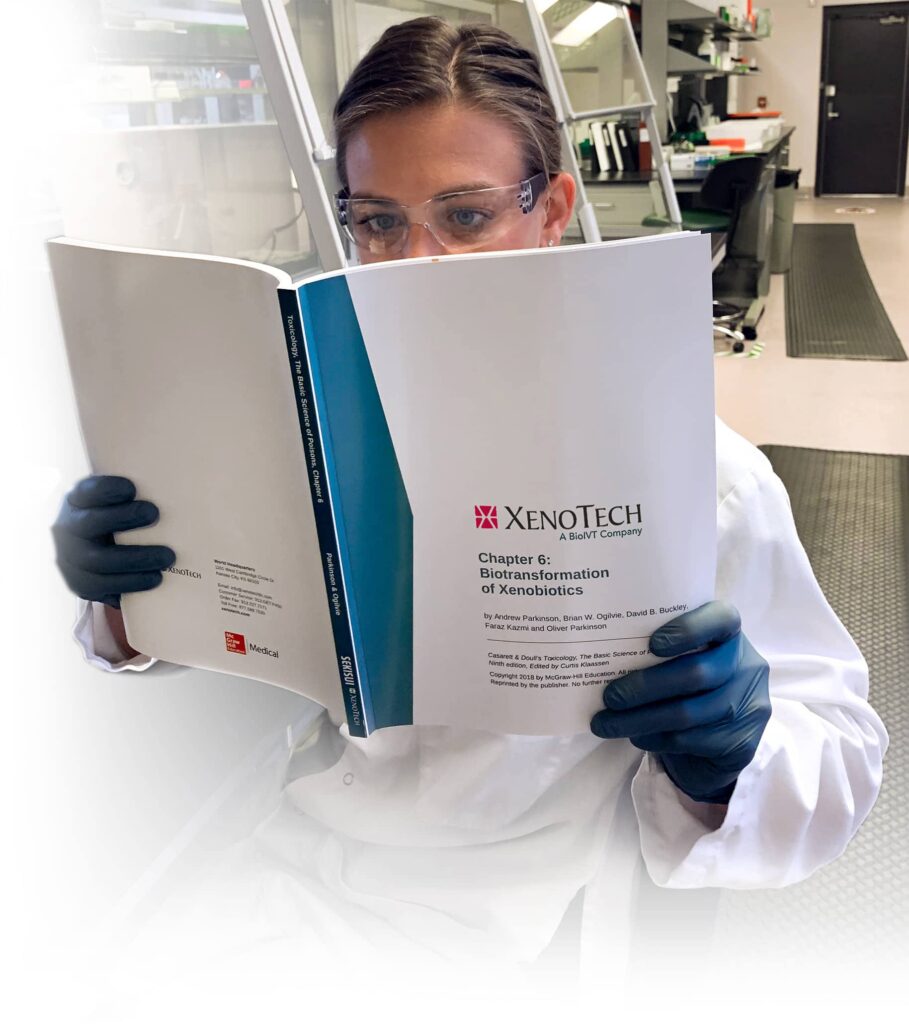
Evaluation of BSEP Inhibitors Using B-CLEAR® Human Hepatocytes to Predict Inhibition and Cholestasis
Full Title
Evaluation of BSEP Inhibitors Using B-CLEAR® Human Hepatocytes to Predict Inhibition and Cholestasis
Abstract
Drug-induced liver injury (DILI) is characterized as liver injury due to intake of medications or xenobiotics, which leads to liver abnormalities or dysfunction. There are a large number of drugs that have been withdrawn from the market due to acute DILI; including, troglitazone (antidiabetic and anti-inflammatory), benzbromarone (gout), and sitaxsentan (pulmonary arterial hypertension). The mechanism behind DILI is multifaceted and can be exacerbated by unpredictable metabolism and bodily response, as well as the complex relationship between an individual’s genetic makeup and environmental risk factors. Furthermore, several factors may contribute to hepatocellular injury and cholestasis; including, acute hepatocyte necrosis, the production of reactive metabolites (and oxidative stress) during cytochrome P450 metabolism of the parent drug, activation of stress signaling, and mitochondrial dysfunction.
Bile acids are water soluble end products of cholesterol metabolism which are highly regulated by metabolism, excretion, absorption, and feedback mechanisms, in order to limit their intracellular accumulation. It is hypothesized that dysfunction to the bile salt efflux pump (BSEP) may contribute to the mechanism of action behind DILI. Current preclinical, in vitro models of BSEP inhibition may not accurately predict the potential for DILI. Therefore, an in vitro model which better reflects in vivo transporter expression and activity may better predict the potential for novel xenobiotics to cause DILI in the clinic. The purpose of this work was to evaluate the use of B-CLEAR®human sandwich-cultured hepatocytes to investigate the hepatobiliary disposition of taurocholic acid (TCA) in the presence of cholestatic agents.